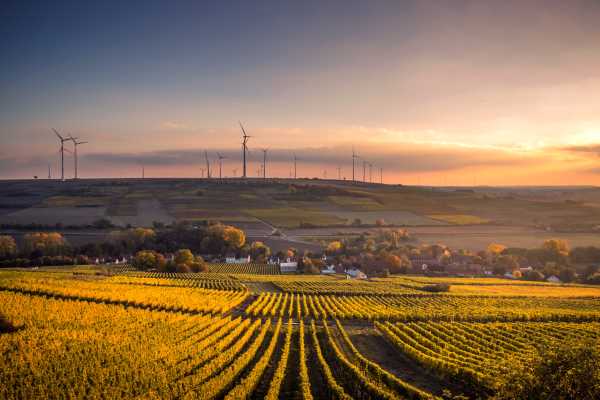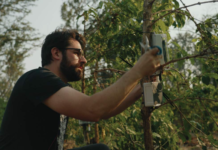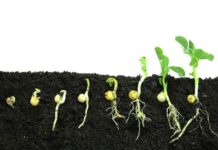We use energy for our food in many ways. All the way from farming to refrigeration, food requires a lot of energy consumption. While fossil fuels have made this increasingly possible, they are a finite and harmful resource. However, it would be very challenging to remove energy from agriculture.
Energy access is vital for food security from farm to table. In Africa, they are making many strides to both prove this and increase access.
Energy and Food
Agriculture uses a significant amount of energy in production. The agri-food industry uses almost a third of the world’s energy. People use it for everything in regards to food, including:
- Management
- Production
- Transportation
- Storage
- Preparation
Big farms would be unable to harvest all of their crops without energy-powered tools. A world that could no longer store its food would experience extreme losses financially and quantitatively. Trucks unable to drive food to markets and a lack of refrigeration would cause crops to pile up and rot quickly. Even if you could buy it from the store, being unable to cook produce could cause disease.
This is why we cannot simply cut energy production from food. We use it everywhere in the supply chain to increase food security.
Making Strides in Africa
Almost 1.3 million people in Africa experience food insecurity and nearly 3 in 10 endure chronic malnutrition. Climate change is making Earth hotter, increasing the times of droughts to unforeseen lengths.
Increasing production there with current practices would not solve the problem. Temperatures can get too hot for reliable growth, and burning more fossil fuels will only add to the current rate of greenhouse gas emissions. So what can be done to make agriculture more sustainable?
Researchers are exploring many ways to make food production more ecologically friendly. One company has figured out how to create low-cost vertical farms – increasing food production and promoting sustainability. Owners can place these farms almost anywhere and grow around 200 plants. In combination with energy sources like solar and wind, vertical farms help reduce damage to land and reduce reliance on harmful pesticides. Incorporating these farms in places with infertile land could considerably benefit food security.
The KnoWat project has introduced solar panels for crop irrigation to Rwanda and Senegal. Though this needs no explanation, crops require water to grow. In places with high heat and drought, they may need to transport water from a renewable source instead of relying on rainwater collection. Solar panels come with the benefit of not needing to buy fuel. The light from the sun now allows farmers in these countries to water their plants without the need for fossil fuels.
Farmers can also use solar panels to decrease water evaporation during transportation. California – which is also experiencing extreme drought – began doing this once farmers there noticed how much water they lost in transport. Using these panels to block the water from the sun’s rays was successful in conserving water and maintaining its quality. Installation companies in Africa could mimic this tactic to utilize sustainable energy and increase efficiency.
Biogas is helping save dairy products made in Tanzania. Around 90% of the citizens in this country do not have electricity, which results in them losing about 40% of their milk. Biogas digesters take organic material and allow it to decompose. They can then use the gas created by this process for energy. With milk-cooling systems powered by biogas, Tanzanian farmers have been able to save much more of their product.
Renewable energy eliminates the need for fossil-fuel purchasing. Many farmers may find it hard to buy gasoline repeatedly. This harms how much they can use to purchase materials or products necessary for their daily lives. With solar and biogas fuels, they can simply reuse or recycle readily available resources.
The Link Between Energy Access and Food Security
Everyone requires energy for food, especially farmers. For them to grow their crops and sell them, they need to use energy every step of the way. But using more fossil fuels will only increase the food scarcity problem. Additionally, repeatedly buying fuel creates unnecessary costs. By relying on sustainable farming and renewable energy, the folks producing our food can increase food security for all.

Jane is an agriculture and environmental journalist and the founder and editor-in-chief of Environment.co, where she covers sustainability and eco-friendly living.









